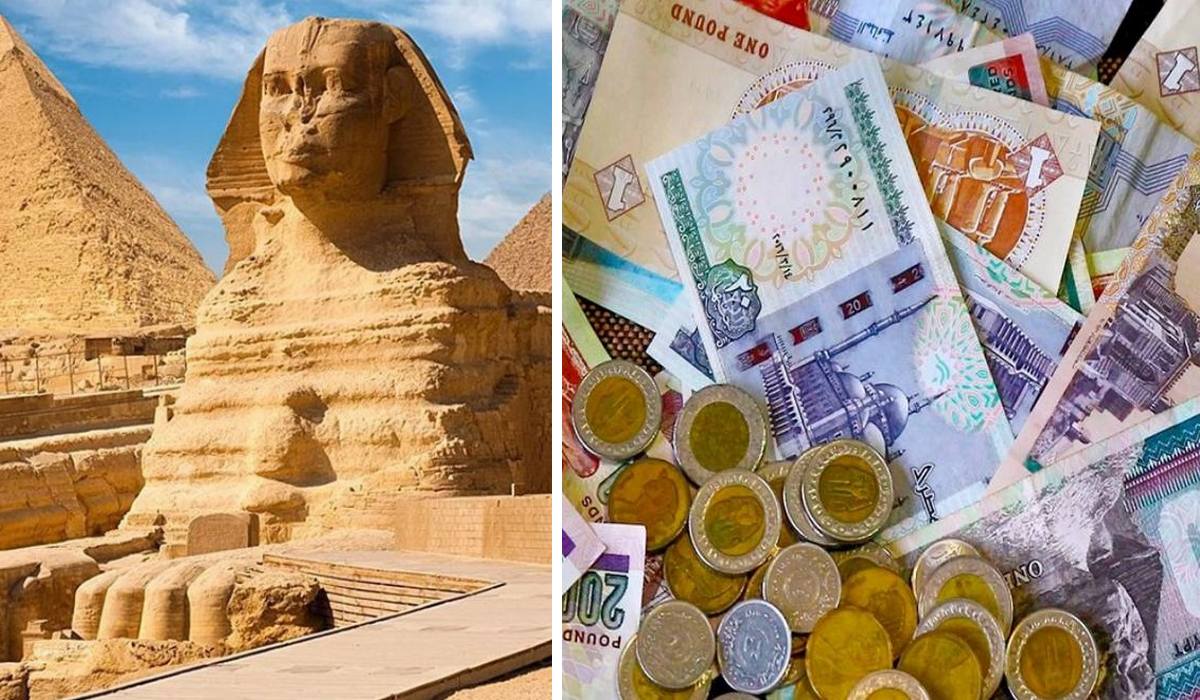The global crisis reached Egypt: tourists living in Hurghada permanently are forced to reduce their grocery baskets and needs. According to them, prices increase by 10-15% every six months, and now they have started to grow uncontrollably.
In addition, some imported products become unavailable altogether. A similar story is now happening in Turkey, only in it hyperinflation started much earlier, and Egypt has just now followed the Turkish path in this matter. As a result, tourists experience shock and anxiety, and some even recall what started the season of revolutions in Egypt.
Egypt’s official inflation rate was 14.7% in June, about 5% higher than last year. However, according to real consumers, prices used to increase by an average of 10-15% every 6-8 months, but at the moment they are increasing almost constantly. As a result, due to the sharp increase in inflation, those living in Hurghada are forced to cut back on their needs.
Some of the tourists said that they have to get into the habit of buying meat and chicken, and chicken, for example, they can afford no more than two or three times a month. As for cheap fruits and vegetables, no one buys them by kilogram – where they used to buy 5 kg or 10 kg of fruit, now they buy a maximum of 1 kg or 2 kg. As a result, stores need several days to sell the same amount of goods.
Interestingly, Egypt also complains about restrictions on imports – and a lot of goods, from cars to animal feed and branded food for people. It should be noted that no sanctions have been imposed against the country – although, of course, certain mass media will certainly link the price increase to the geopolitical crisis in Europe and the war in Ukraine.
Egypt received 80% of wheat imports from Ukraine and Russia, now it has to pay 435 dollars per ton instead of 270 dollars last year. And, of course, the supply of tourists who brought in foreign currency also dwindled to a minimum.
Forecasts still make expats nervous – yes, Egyptian Prime Minister Mostafa Madbouly said at a televised press conference that the direct and indirect consequences of the crisis will cost Egypt 465 billion Egyptian pounds ($24.6 billion). Egypt is trying to attract investors – meanwhile, residents of Hurghada are alarmingly reminded that the famous Egyptian revolutions began with the demands of “bread and freedom”.

